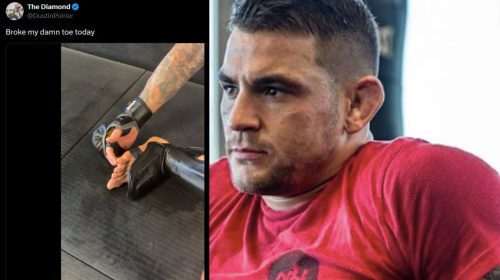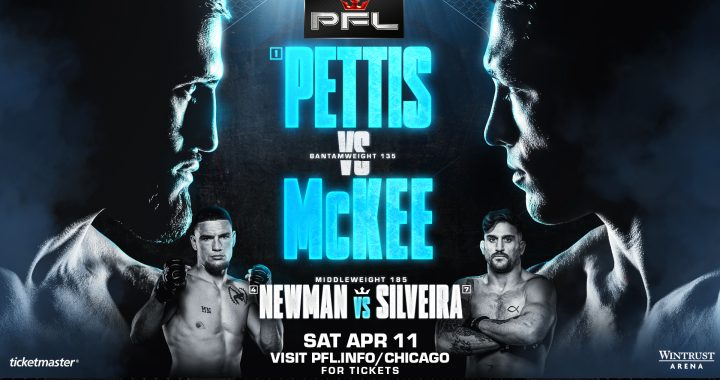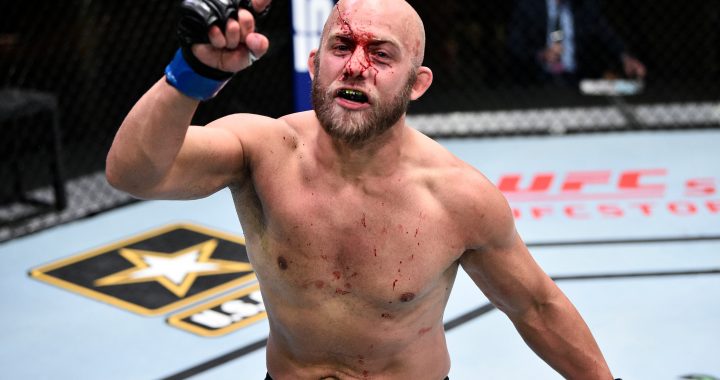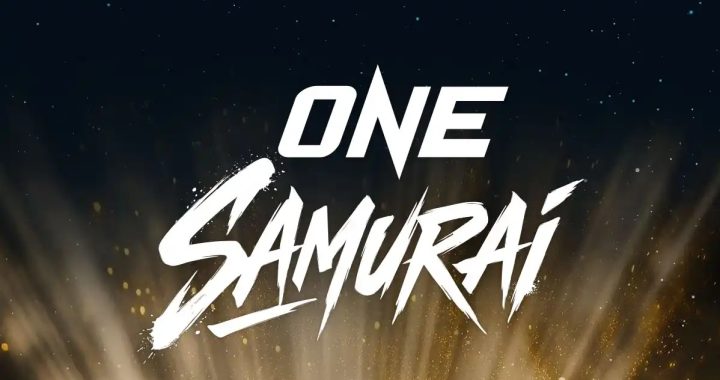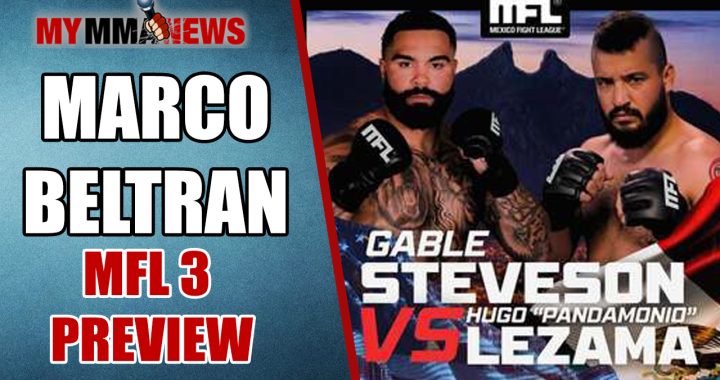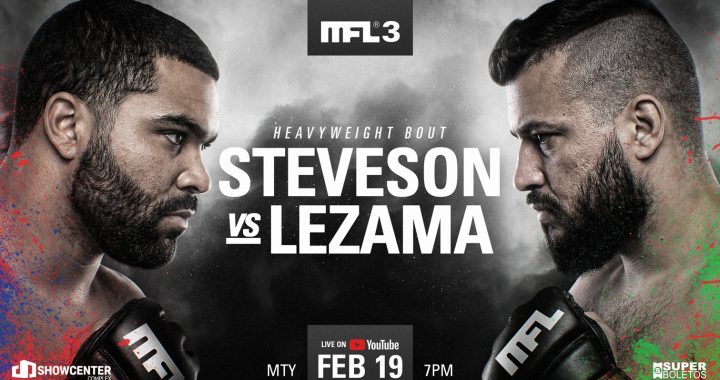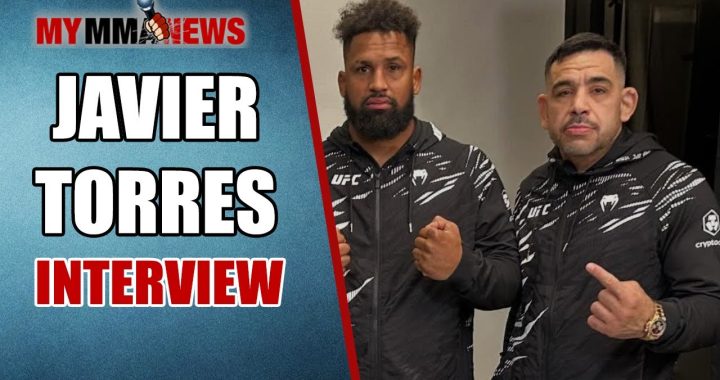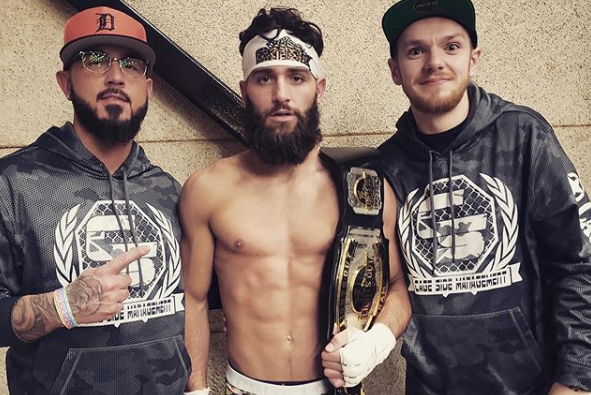
Cage Side Management: A family looking to make dreams a reality
Some businesses are made out of necessity, others happen by accident, like Cage Side Management. When Liam DeMond, founder of Cage Side Management came to the United States from England at nine years old, he didn’t know what mixed martial arts was, in fact he didn’t have any friends in his new hometown. But the first friend he’d make in elementary school would go on to change the course of his life in ways they both didn’t know were possible yet. That friend was Kenny “The Boss” Cross.
Though the friendship was born in elementary school and they had grown quite close, DeMond and Cross started to head in different directions in high school, DeMond towards music and more artistic ventures and Cross towards the sports world.
After high school, DeMond didn’t know exactly what he wanted to do in his life. The music career wasn’t panning out and he had trouble with visa as well. He did go to college for a year studying law enforcement but ended up not pursuing it. So he took a manufacturing job developing automobile parts and learned to manage a team for the first time.
It was during this time that DeMond discovered mixed martial arts. He started training and fell further in love with the sport he started following in high school. In fact, when he started training, he trained alongside his current client and undefeated amateur fighter (now turning professional) Idris Perry (Perry when asked about DeMond’s Muay Thai skills said he was quite the chin.).
It was during that time that he went to a seminar taught by Fabricio Werdum in Grand Rapids. At the seminar, they were passing out flyers for a local MMA event and low and behold, his old friend Kenny Cross was on the flier. It had been seven or eight years since they had talked, but DeMond reached out to his friend shortly and they talked all night catching up. Soon, DeMond was helping Cross sell tickets, deliver them to people who bought them and trying to find sponsors for him and even sit in the sauna with Cross as he cut weight.
After seeing his friend make such an effort for him and not asking for anything in return, Cross asked DeMond to be his manager.
“When he spoke to me, I felt the desire, the fire to be in the sport.”
“I felt comfortable with Liam and we started to win fights together.”
It was after the first event that DeMond worked as Cross’ manager that he knew this was what he wanted to do as a career.
“Just being around that environment, getting to really see how things were done behind the scenes; that first night I kinda walked around, paid close attention and just being around that environment, I wanted to keep being around it. So, pretty much, I knew from that point that I was going to make it full time at some point in my life.”
It was after that, that the concept for Cage Side Management was born, if he was going to do this full time, he had to manage more fighters than just Cross. The first fighter he had his eye on was Brett “Big Dog” Martin. Martin made an impression on DeMond not just for his impressive fighting skills but for his dance moves during his walkouts as well. After being introduced by Cross, DeMond developed the relationship with Martin and eventually pitched him on the concept of Cage Side Management. Like he did for Cross, DeMond went out of his way to help promote Martin while he wasn’t working with him officially. After a bit of time and hard work, DeMond and Martin had a handshake deal that they would start working together. First with DeMond helping with promotion since Martin had a deal with KOP (now Martin is fully signed with Cage Side). For Martin, it was all about vision when he signed with Cage Side.
https://www.instagram.com/p/Bt_CemXgAxv/
“Back in the day it was two young guys who had a vision in the sport.”
From there, Cage Side started to grow, in addition to adding fighters (though Cross left very amicably at for a short amount of time but has since returned as a client), DeMond decided he needed to add more people to his team in order to help his fighters the most. So, he invited Damien Longoria to be his Vice President. He met Longoria by attending fights in Grand Rapids, MI and even before Cage Side Management was an official business, Longoria joined.
“Damian was someone who I’d always run into at the fights in Grand Rapids, he was friends with someone I went to high school with. We always ran into each other, he always bought me a beer or something and I could see his enthusiasm and stuff, said DeMond. “Just how he was at the fights I could tell right away he had love for the sport. I had heard that he was super good with sponsors. Matt Frendo had told me he had brought him some really good sponsors and he’s a really good talker. So I invited him to lunch one day and presented him what I was planning with Cage Side Management. I was like, obviously this isn’t big or legit yet but let’s call you VP, and he’s like “sure, yeah.” He wanted to come on and he’s been a great addition.”
More recently Cage Side added another member to their Shaun Rozanski, he has been in the game for a long time, as a fighter, podcaster and other roles and is helping Cage Side on the business side. Whether its developing relationships on the business side or with fighters, DeMond says the trick to those relationships is being straight forward.
“I think a big thing is, especially in this game, is being a man of your word and sticking to your word. I’ve seen it in this game, people they talk a big game and they talk like they’re the next big thing. Even promoters, big talk and they fail to deliver which kills credibility,” said DeMond. “That’s something I’ve always been careful of. I’ve always wanted to be (a) man of my word. I’ve never wanted to sell something that wasn’t real. So, I think that’s one of my main keys in maintaining relationships in this game is just being straight forward with everyone.”
That’s one of the main reasons Donnie Ballou joined Cage Side. A talented flyweight from Ohio, Ballou was looking to find new management to help with sponsorships and promotion when he came across Cage Side. After a few conversations with the Cage Side team, including fighters on the roster, Ballou was in. Part of the process of working with Ballou was deciding whether to stay at flyweight or move up to bantamweight. It was at the time that the UFC was almost shutting down the flyweight decision and Ballou lost a few fights trying to move up. After hearing the honest words of Cage Side, Ballou returned to the flyweight and the win column. That honesty ensured the trust of Ballou.
“One thing I like about them too, if I throw something out they might say okay we’ll support it but say at this point in your career, we think this is better for you. There is a lot of shady management out there that will throw you to the wolves and they’ll set you up to maybe not to succeed at this point in your career. People can say what they want, you have to take smart fights. You have to be a smart fighter; you have to do the things that are right for your career. And they’ve helped me make the choices as far as staying at 125 versus Before, I was jumping around from 125 to 135 and they’ve agreed with me that the best thing for me going forward is staying at 125. And that’s something you have to respect about them.”
Perry reiterates the point that a major reason he is a part of Cage Side is the level of the trust he has with the team:
“Having someone to a true genuine opinion on what moves to make, I’m 5-0-1 and whatever. I’m rated second on Tapology or whatever (honestly that shit don’t matter to me, I should be number one). But, if you look at my record and who I fought, I never had anybody with less experience than I had, I fought the best of the best, whoever they had to offer at the time. That’s partially because I had a good manager to get me there. To help me be noticed in that I think when people see me, they see hardcore, whatever they might say, that’s partially because I had the right people behind me to get the right fights.”
The biggest knock on Cage Side so far is that they lack the relationships that the big agencies have with promotions such as the UFC or Bellator. Recently, they were able to have their first fighter (Brett Martin) fight for LFA. But until they have a fighter in the UFC, they won’t be considered an elite management group and they know that, but DeMond says, they aren’t that far off from it.
“I jumped up into the game with zero connections, zero anything. But we are where we are now and I’m not giving up, I googled, I googled and looked things up. I know Mick doesn’t really use messenger on Facebook so I finally just straight up hit him up on Instagram, I’m like “hey, I’ve got a few prospects that are UFC ready, how do I get ahold of someone, who do I give the info too?” Mick finally gave me his email and that’s how we’ve stayed in touch.”
“The big thing with me was “Liam doesn’t have the UFC connection, this and that.” We have it, we just need to work a little bit harder.”
That is the issue that has discouraged DeMond the most so far, but when he gets down, he just takes a moment to reflect on how far he and his team have come.
“Sometimes I get a little discouraged honestly that some guys aren’t in the UFC. It feels like we’ve been trying for so long and I feel like I’m getting nowhere,” said DeMond. “Then I kind of sit back for a minute and am like, I’m only 24, I got into this game very young, it’s only been three years. I got into the game when the sport was blowing up and when I look at the bigger managers and how long they’ve been in the game, some of those guys have been around since the dark times of the UFC. For me, to jump into the game where it’s at now and be as far as we are, its huge. It’s just part of what really motivates me to take it all the way.”
However, DeMond and his colleagues can pick their heads up high now as their client Kenny “The Boss” Cross got the call to fight on Dana White’s Contender Series. Now the Cage Side Management team can say they were able to get one of their fighters on the quickest path to the UFC.
https://www.instagram.com/p/CB1bjVUJYJF/
A unique aspect of Cage Side is the bond between fighters. Often management companies will tout the relationships that their fighters have with each other by training at each other’s gyms. But Cage Side tries to go beyond that.
“Its like being on a high school football team, we’re just blessed enough to do it as adults,” said Martin. “Who doesn’t want four or five other buddies who do the same sport, it’s definitely a blessing in disguise.”
Camaraderie is great, but the team wants success and part of that success is for DeMond to be able to make a living off of the sport and leave his day job. Currently he works from about four in the morning til about four in the afternoon and his company has strict cell phone rules, which hinders his ability to work as a manager. Plus he has to balance time with his family which includes a young daughter. But he manages to find time to work on his future.
“I’m at it until I’m at it, until I go to bed and to work the next day,” said DeMond.
Whether talking to any of Cage Sides clients, they discussed the importance of the team lifting each other up. They want to use their success to propel Cage Side up and Cage Side wants to use their leverage to propel their fighter’s careers to the highest level. Cross explains it best.
“I can give Liam a name, I can put him on the map and then he will be that Iridium to everybody, he will be that connection, one person. I like to give back to my family and my friends and I consider Liam my family. To bring him with me to the UFC, I couldn’t ask for something cooler to bond two brothers together. So I’m riding with the boy all the way. And I guarantee, I put him on the map and he will have a roster of UFC fighters in the future for sure.”
“That’s one thing I can say that I can be impactful to that word. To my friends that its bros before hoes, 100%. I’m with you guys and I want to show you guys you’re an asset to me as I am to you. I think if we can work together like that, as long as the hard work is put in, then no one can stop you.”
When asked if he will remind DeMond that he gave him his start as a manager when he is known as a big manager in the sport, Cross laughed and joked that he would remind DeMond of that “every day” that he gave him his start.



















